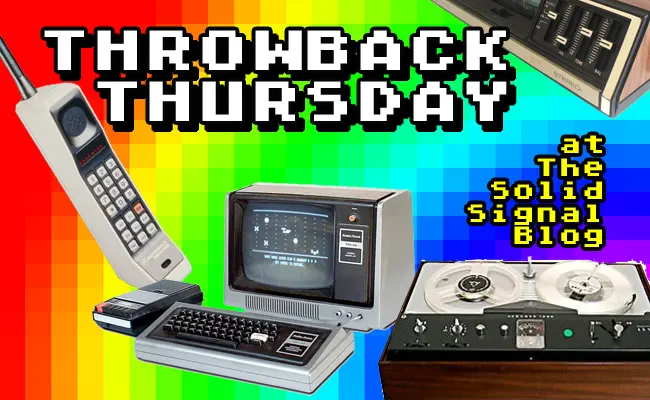I’m actually pretty surprised that I wrote, “Is TV sick with a case of ‘reboot fever?'” five years ago. But, dates don’t lie. There it is. It’s been five years of TV reboots and it seems like we might never be done with them. NBC’s recently rebooted Night Court is the best performer they have, and some of the first-wave reboots like American Idol are still going strong. CBS has recently rebooted True Lies as a TV show. There was even a Hulu show called Reboot, which personally I liked. Unfortunately it failed to reach its audience and wasn’t picked up for another season. I guess it’s time to take a look at the TV reboot phenomenon again and talk about whether it’s really killing the TV industry as I thought it would.
TV is still here, despite its own best efforts
People still watch TV. Sometimes they watch on their phones, but it’s still TV. Whether it’s beamed, streamed, recorded, or rebooted, it’s still TV. And despite the doom and gloom narrative, it’s not going anywhere. The TV landscape has changed immensely in the 21st century, though. First, so-called “basic cable” stations started upping their game and producing really high quality shows. Then, streaming apps took over. The result was known as “Peak TV,” defined as there being so many good shows that it was impossible to watch them all.
Peak TV started to subside about five years ago, although we didn’t realize it at the time. One of the first harbingers that the peak era was over was the rise of rebooted TV. As much as I (and people my age) may personally like it, rebooted TV is really just a shortcut. It’s a way to appeal to a large audience from day one, instead of creating quality shows that people will like on their own merits.
In the meantime, as the number of quality shows has gone down, pay-TV providers and streaming apps have raised prices really consistently. Viewed as a percentage, it’s the streaming providers who are leading the charge here. Pay TV companies in general are raising rates in line with inflation (which has been high lately.) Streamers like Disney and Netflix have raised rates by 25% or more. They hide this fact because their prices were fairly low to begin with. If you’re charging $7 a month and you go to $9 a month, that doesn’t seem too bad. But when everyone raises prices by 28% (2/9ths, for you math fanatics) you’re going to notice.
Reboot TV will keep coming until it stops working.
I’m a little surprised that rebooted TV has lasted as long as it has, at least in its current form. I’m expecting to see more reboots from the ’00s, when millennials were younger. Hulu’s How I Met Your Father falls neatly in this mold. I don’t expect CBS’ rebooted Frasier to do as well. Airing at the same time as Friends, it always attracted an older audience, boomers who are now less important to today’s marketers
And, I do expect reboot TV to stop working, fairly soon. As millennials themselves age out of that vaunted 18-34 market segment, they’re being replaced by GenZ and Alphas who have even less regard for the past than millennials do. They also have less regard for linear TV (the kind of TV you sit down and watch, as opposed to short form videos). It should be interesting to see how content providers try to work with a generation whose idea of a long story is anything over 90 seconds.
But, reboot TV didn’t kill TV as we know it
My article from 2007 might have been a little alarmist. I still think that rebooting old intellectual property is essentially cheating and it’s bound to bite you in the end. Eventually you just run out of things to reboot and you haven’t done the hard work of attracting new audiences. But as we go into television’s next 100 years (the first commercial broadcasts were in 1939, meaning it’s been with us for 84 years so far) some things will have to change. I’m just glad my salary doesn’t rely on coming up with whatever the next big thing is. Because, folks, you know if it did, there would be ten more Star Trek shows in development and the rest of you would be out of luck.



